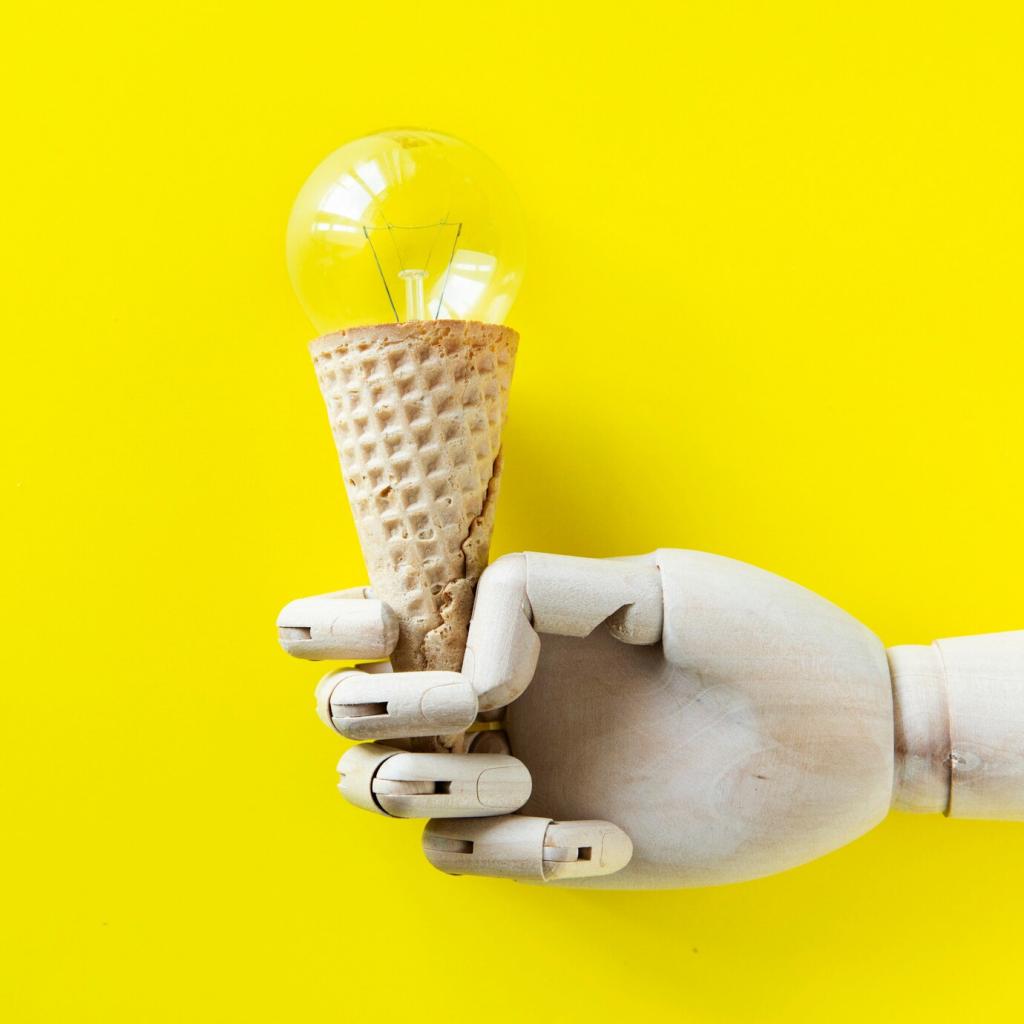The convergence of artificial intelligence and sustainable materials is revolutionizing the way we design, develop, and manufacture eco-friendly products. By harnessing the immense capabilities of AI, industries worldwide can accelerate the discovery and optimization of green materials, minimize environmental impact, and usher in a new era of responsible innovation. This page delves into the transformative power of AI-driven advancements in eco-friendly materials, exploring how technology is shaping a more sustainable future.
AI-Driven Discovery of Green Materials
Accelerating Material Research with Machine Learning
Machine learning empowers scientists to sift through enormous chemical databases and experimental results, identifying patterns that would be nearly impossible to spot manually. By training on existing datasets, AI models can forecast how different compounds might behave, enabling researchers to focus on the most promising candidates for eco-friendly applications. This accelerates the path from ideation to testing, cutting years off traditional research timelines and helping the world transition faster to sustainable solutions.
Predicting Environmental Impact from the Start
AI doesn’t just help in creating new materials—it can also anticipate the environmental consequences of their production, use, and disposal. By integrating life cycle analysis into the material discovery process, AI allows scientists to evaluate carbon emissions, toxicity, and recyclability before a material ever reaches the prototype stage. This predictive capability ensures that the drive toward novelty never comes at the expense of environmental stewardship.
Virtual Laboratories and Simulations
Digital twins and advanced simulations have revolutionized how new materials are tested. AI-powered virtual laboratories enable researchers to model both the physical and chemical behavior of new substances under various conditions, significantly reducing the need for physical prototypes. Not only does this save resources, but it also allows for the iterative refinement of materials in a sustainable, low-waste manner. As a result, innovations can be brought to market faster and with far less ecological impact.
Optimizing Production Processes for Sustainability

AI-powered automation enables precise control of manufacturing parameters, minimizing raw material consumption and reducing defects. These intelligent systems can quickly adapt to variations in material input or environmental conditions, ensuring that every step of production is as efficient and sustainable as possible. By learning from ongoing operations, AI refines processes over time, drastically reducing waste and supporting the move to circular economies.
Enhancing Material Performance with AI
Bioplastics represent a crucial alternative to petroleum-based plastics, but matching their mechanical properties with conventional materials is challenging. AI models assist in formulating blends that offer the necessary strength, flexibility, and biodegradability by analyzing molecular structures and predicting performance outcomes. This allows manufacturers to produce bioplastics tailored for specific uses, widening their adoption while ensuring high functionality.
